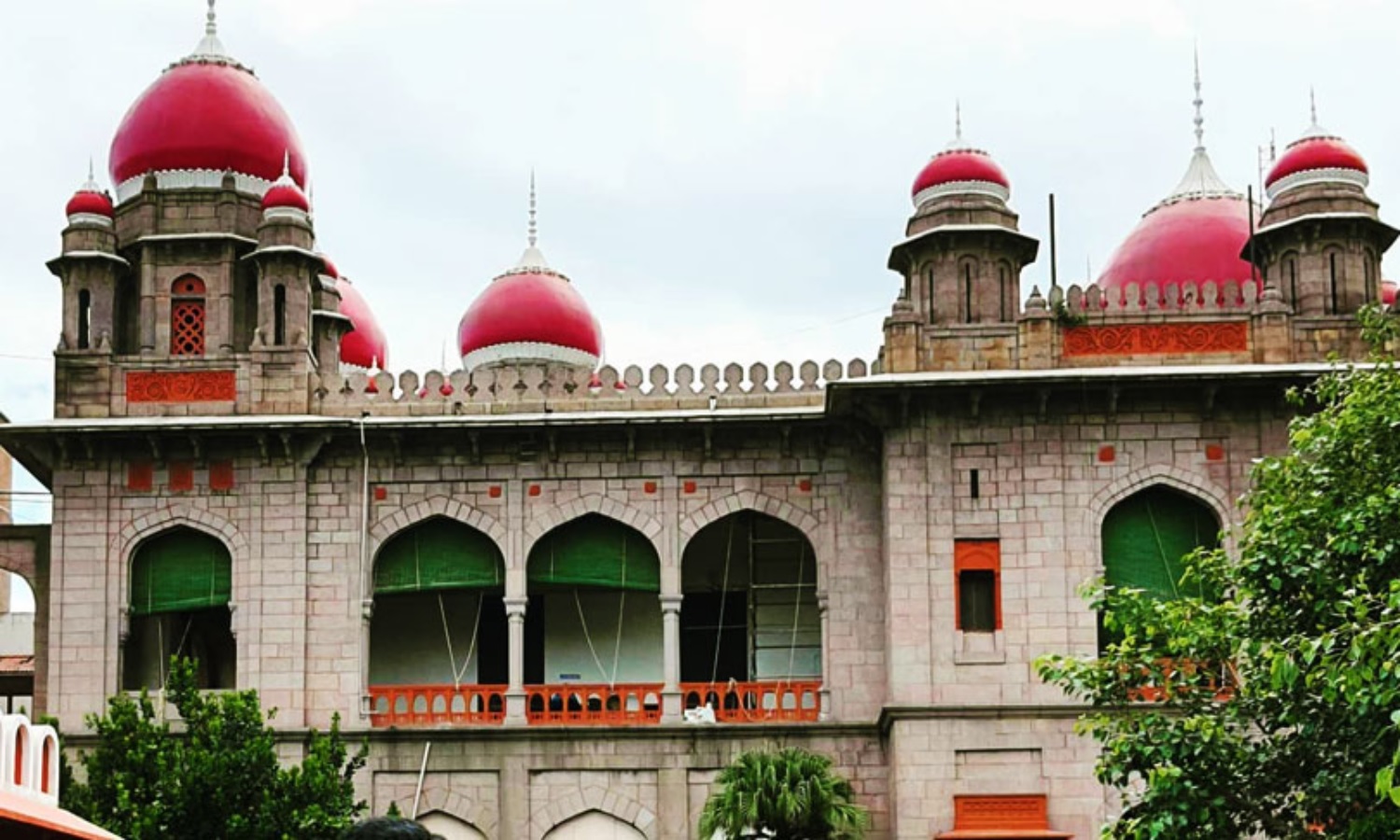The Telangana High Court has delivered a stern rebuke to the Greater Hyderabad Municipal Corporation (GHMC) for its inaction against alleged illegal constructions in Khanamet, Rajendranagar Mandal. Expressing grave concern over apparent negligence and bureaucratic blame-shifting, the court has warned of public naming and shaming if accountability is not ensured. This judicial intervention underscores the critical need for robust civic governance and transparent enforcement to foster sustainable, equitable, and well-planned urban development in Hyderabad.
The case was brought before the High Court by Syed Rahimunnisa and seven others, who accused Rayapati Pratibha, Rayapati Sriharsha, and GB Prasad of illegally constructing buildings on land claimed by the petitioners. Despite multiple complaints lodged with GHMC, the civic body allegedly failed to take decisive action, compelling the petitioners to seek legal intervention for demolition orders. This scenario highlights a pervasive issue in rapidly expanding urban centres: the challenge of ensuring compliance with planning regulations and the timely redressal of citizen grievances, which are fundamental to maintaining public trust and order.
Justice B Vijaysen Reddy, presiding over the case, voiced profound displeasure with the handling of the issue by GHMC and related departments. The court sharply criticised the “evasive attitude” and bureaucratic buck-passing, noting, “From GHMC to the task force, from the task force to the police, and the police citing law and order issues – this evasive attitude cannot be tolerated.” The judge unequivocally stated that merely passing files without concrete action amounted to a dereliction of duty. This judicial scrutiny serves as a powerful reminder to civic authorities of their primary responsibility to citizens and the imperative for inter-departmental coordination.
In a stern warning designed to enforce transparency and public accountability, the High Court mandated weekly reports on demolition actions, commencing next Monday. The judge’s unusual warning—that a poster displaying the names of negligent standing counsels and officials would be lit up at night for public view—underscores the court’s intent to compel action and deter further inaction. While the court issued notices to the alleged violators and clarified that no demolitions would occur until further orders, it affirmed that the weekly updates would be closely monitored to ensure officials do not shirk their responsibilities. This judicial oversight is crucial for ensuring that the rule of law is upheld in urban planning and development.
The High Court’s remarks resonate deeply with growing public frustration regarding unauthorised constructions and perceived civic inaction across Hyderabad. Unchecked illegal constructions not only mar the urban aesthetic but also strain existing infrastructure, including drainage systems, contributing to issues like waterlogging and environmental degradation. Such developments often occur without proper environmental assessments, potentially leading to increased carbon footprints and a deviation from zero net carbon and eco-friendly urban goals. This case may set a significant precedent for stricter judicial oversight over municipal governance and urban planning enforcement in Telangana, promoting a more disciplined approach to city building.
Ultimately, effective municipal governance is a cornerstone of sustainable and equitable cities. When civic bodies fail to enforce regulations and address citizen complaints, it undermines the very fabric of planned urban development. This ruling by the Telangana High Court serves as a critical intervention, demanding accountability and transparency from the GHMC. By ensuring that illegal constructions are addressed promptly and that officials are held responsible for their duties, the judiciary is playing a vital role in safeguarding Hyderabad’s urban future, promoting a city that is not only well-planned and environmentally conscious but also just and accessible for all its inhabitants, irrespective of their gender or socio-economic status.
Also Read :Centre Approves Rs 1,853 Cr Four-Laning of NH-87 in Tamil Nadu


